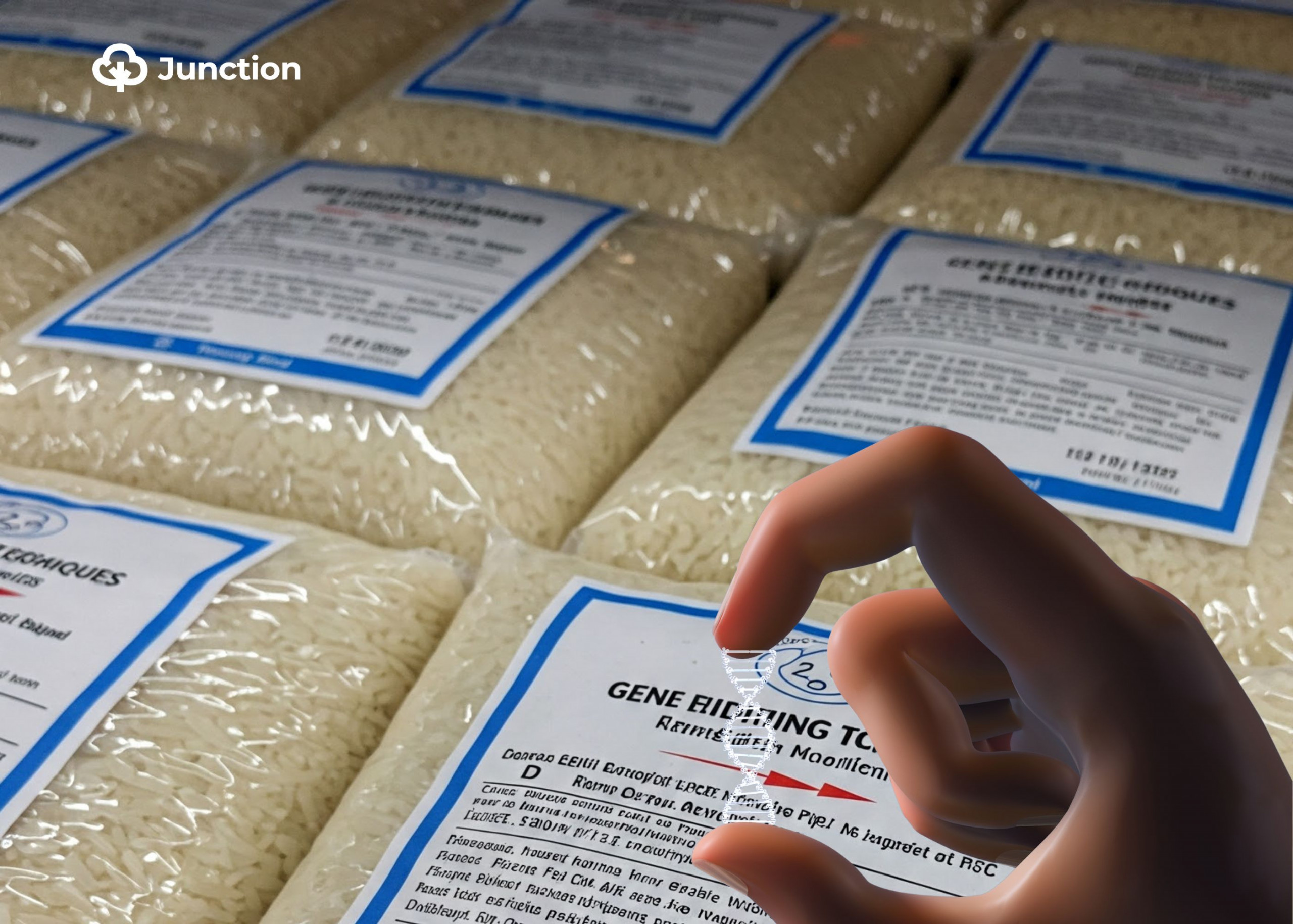News in brief:
– Ecuador has approved Cibus gene-edited, herbicide-tolerant rice traits (HT1 and HT3) as equivalent to conventional crops.
– This development allows their commercialisation without GMO restrictions, positioning the region to become a more competitive rice producer globally.
Cibus Inc., a pioneering agricultural technology company, has announced a major regulatory breakthrough in Ecuador.
The country’s Ministry of Agriculture and Livestock has determined that its herbicide-tolerant rice traits, HT1 and HT3, are equivalent to conventionally bred varieties.
This means that they will be regulated as conventional seeds under Ecuador’s Organic Law of Agrobiodiversity and Sustainable Agriculture.
Developed using Cibus’ proprietary Rapid Trait Development System™ (RTDS®), these rice traits allow precise genetic improvements without introducing foreign DNA. This decision exempts them from GMO regulations, enabling swift commercialisation and use in Ecuador.
Dr. Peter Beetham, Co-Founder and Interim CEO of the company, praised the Ecuadorian government for embracing advanced breeding technologies.
“This recognition validates that our gene-editing approach delivers the same outcomes as conventional breeding, but with greater speed and precision,” he said. He added that these traits offer essential weed control solutions amid climate and productivity challenges.
Cibus is working with Interoc, a prominent Latin American seed company, to incorporate HT1 and HT3 traits into elite rice lines for regional distribution. Fernando de la Puente, Interoc’s Corporate Vice President, welcomed the regulatory approval, calling it “a step forward in delivering innovative agricultural tools to rice growers.”
Martin Poveda, Senior Director at Cibus, emphasised the significance of Ecuador’s decision in paving the way for regulatory acceptance across Latin America.
This approval could shift global rice trade dynamics by increasing the region’s rice output and reducing reliance on imports from Asia. For Nigeria and other developing nations, Ecuador’s decision offers a case study in how enabling science-driven regulation can unlock access to non-GMO gene-editing technologies to boost food security.
As a technology provider—not a seed company—Cibus licenses its gene-edited traits to seed companies. Its expanding portfolio includes traits for rice, soybean, and canola targeting challenges like weeds, diseases, and pests that cost the global economy an estimated $300 billion annually.



